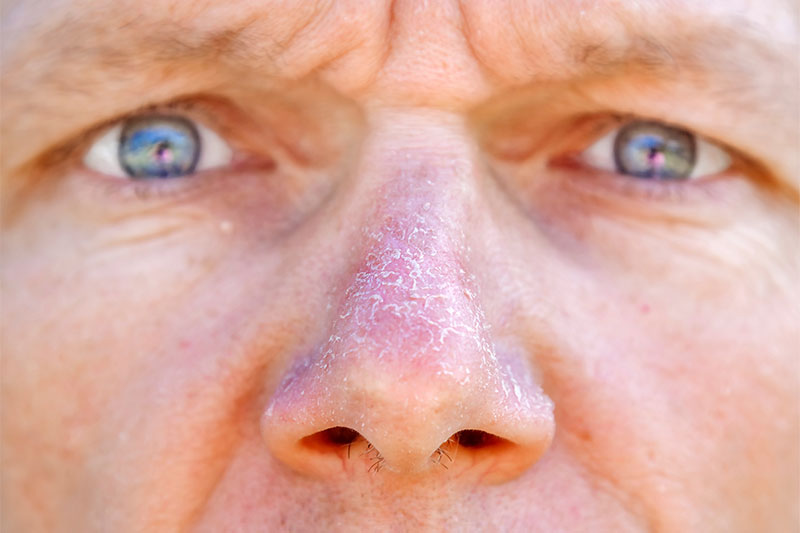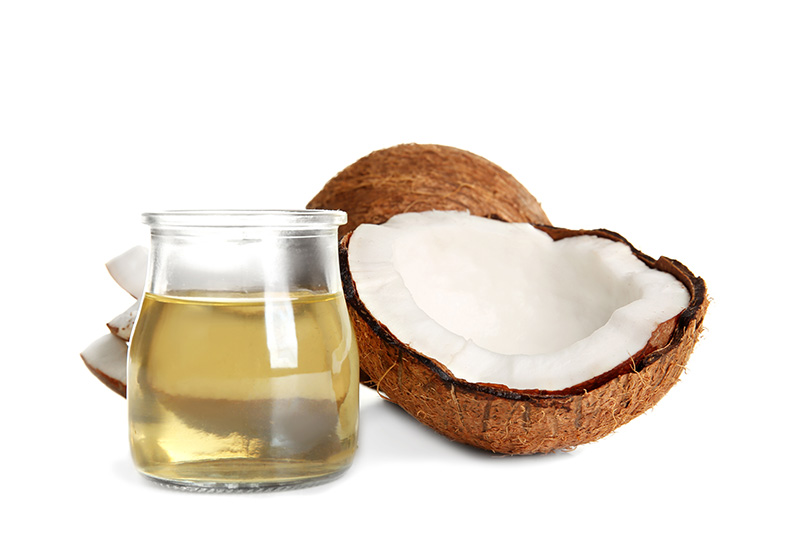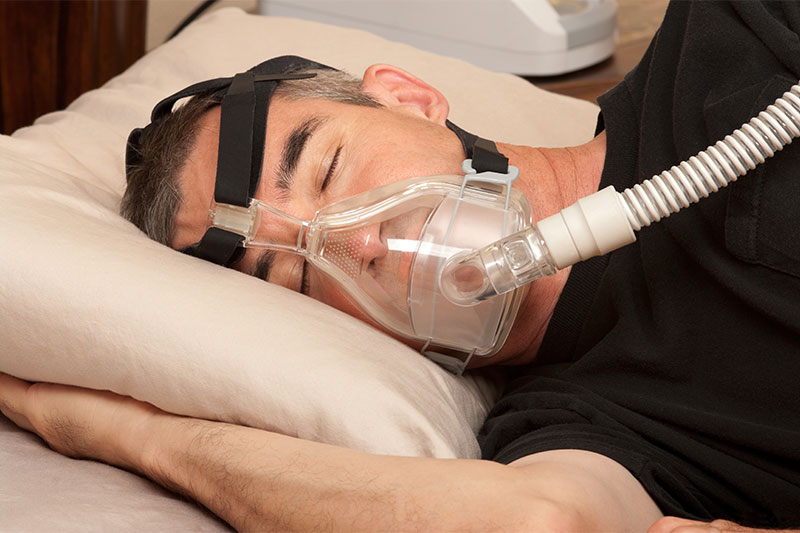
Dry noses are sometimes caused by seasonal changes, dehydration, and other environmental factors. Some natural remedies can help treat dry noses at home, although this is nothing to worry about.
Your nose prevents dust, dirt, and allergic pollen from entering your body. However, a dry nose may make it difficult to see and breathe. Your nose, along with the skin, is one of the body’s first lines of defense. Therefore, keeping it in good working order is essential. A dry nose can be relieved with the following remedies. Could you take a look at them?
As a result of the internal nasal passages drying out, a dry nose occurs. Crusting of the inner nose mucosa can also result from this. You can try some of these effective home remedies to relieve a dry nose.
Here Are Some Dry Nose Home Remedies
Coconut Oil

Using coconut oil on the skin can help moisturize and fill in the gaps between the dry cells. In addition to preventing dryness, it can reduce pain in the nostrils. However, this remedy should be balanced.
You will need virgin coconut oil. Then here is what you need to do. First, one or two drops of coconut oil should be placed in each nostril once a day.
Saline Spray
You can easily prepare saltwater to treat a dry nose with saline or saltwater. In addition to being a humidifier, salt water also maintains hydration in the nasal lining. Caution: Do not use table salt since it may contain other additives irritating the nasal mucosa. It helps in clearing out mucus and irritants in the nasal passage.
You’ll need one teaspoon of pure salt or sea salt, 1/2 cup water, and a spray bottle.
Then fill the spray bottle with salty water and mix well. Next, spray salt water into your nasal cavities a few times as you bend your head toward the floor. Alternatively, you can inhale a small amount of saline water into your sinus cavities by holding it in your palm. After ten seconds, blow it out. You can also purchase empty nasal spray bottles. In addition, most drugstores sell saline nasal sprays over the counter. Use the saline spray 3-4 times a day.
Vitamin E Oil
Oils containing vitamin E increase hydration and have antioxidant and anti-inflammatory properties. According to a study, alpha-tocopherol (a type of vitamin E) may help treat pollen-induced allergic rhinitis. The nasal mucosa could therefore be hydrated, dryness relieved, and the healing process accelerated.
You will need Vitamin E capsules and then pierce the vitamin E capsule.
Put two to three drops of the oil in your nostrils by tilting your head upward. Do it twice a day.
Olive Oil

Coconut and olive oil hydrate the skin inside the nasal passages, alleviating dryness. In addition, it relieves swelling and irritation.
You will need virgin olive oil and a dropper. Put a few drops of olive oil in your nostrils using the dropper. Do this twice a day.
Sesame Oil
Sesame oil has a higher vitamin E content than most other oils. For dry skin, it is an excellent moisturizer. In a study, sesame oil proved more effective for nasal dryness than saline irrigation.
It would be best if you had organic sesame oil and a dropper. Fill each nostril with sesame oil and tilt your head backward. Do this twice a day.
Steam

Inhaling steam regularly can help you get rid of a dry nose. In addition, this soothing remedy softens nasal mucus.
You will need hot water, a large bowl or basin, and a large towel.
After covering your head with a towel, you should inhale the steam from the bowl for about 10 minutes. Once you have done this, blow your nose then, two to four times a day, inhale the steam.
Humidifier
Having a dry nose can worsen congestion caused by a dry environment. In frigid weather conditions, keeping the room humid is a necessity. In addition to adding moisture to the surroundings, humidifiers and vaporizers can ease symptoms such as nose irritation and dryness. Using buckets filled with water can create ambient humidity without humidifiers.
Sauna
Is there anyone who doesn’t enjoy a sauna bath? Sore muscles and a dry nose can be treated effectively with this treatment. Instead of a sauna bath, heat a bath, add a few drops of aroma oil, and soak in its goodness for a few minutes. Stay away from the spa if you don’t want a leaky nose instead of a dry one.
For relief from a dry nose, people often use petroleum jelly for relief. Doctors, however, do not recommend this remedy. This is because pneumonia has been linked to the internal application of petroleum jelly.
Many factors can cause a dry nose, including a bacterial or viral infection, sinusitis, or a dry environment. Inflammation, congestion, and headaches are common symptoms. Your nose will feel less dry if you use a humidifier to add moisture. If you want to boost the benefits of your humidifier, you can add some essential oils.
A drying can cause a dry nose out of the internal nasal passages. Dehydration, seasonal changes, and other environmental stressors may also contribute to the condition. Dry noses may cause difficulty breathing and vision problems. You can help battle an infection and tackle a dry nose by using the home remedies listed above, along with a high-protein diet. If you experience any side effects, you should discontinue using the treatment immediately. In case of bleeding or breathing difficulties, consult your doctor immediately.


